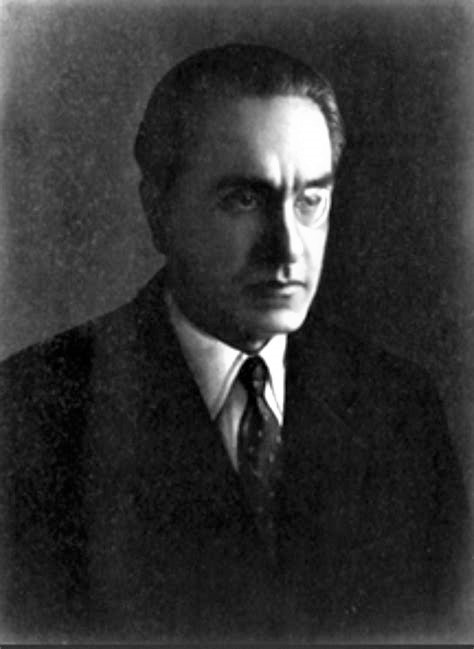"Politics and the Occult: The Left, The Right and
The Radically Unseen" is a book by Gary Lachman (Gary Valentine), a rock
artist with an alternative career in alternative spirituality. I wonder if he
ever discussed Steiner, Gurdjieff or Jung with Iggy Pop or Blondie?
In "Politics and the Occult" Lachman takes us on an extended and somewhat confusing journey through the occult "establishment" (or rather underground), taking a closer look at the principal players and their political entanglements. Were the Rosicrucians allied with the Winter King Frederick V? Did the Masons participate in the American and French revolutions? What about the famed Illuminati? Swedenborg, Blavatsky, Roerich, Jung and even Crowley turns out to have been (or suspected to have been) secret intelligence operatives. Less surprising are the political activities of Annie Besant, Julius Evola or Mircea Eliade. Besant was, of course, left-wing, while Evola and Eliade were fascists. It seems occult politics isn't above the traditional left-right divide!
Unfortunately, "Politics and the Occult" is badly edited, jumps back and forth on the timeline, and looks more like a pseudo-encyclopaedia than a really robust, in-depth study. Lachman isn't a scholar, but I nevertheless found his books on Steiner and Ouspensky relatively interesting. The only thing that kept me reading "Politics and the Occult" is the bizarre subject matter. I *did* glean a few things from the book I didn't knew before: Swedenborg's "Tantric" sex meditation, Zinzendorf's depredations (I knew he was nuts, but this...), the Masonic connections of arch-conservative "Catholic" Joseph de Maistre, Nicolas Roerich's connections with everyone from FDR's Vice President Henry Wallace to émigré Russian White Guards... I'm beginning to understand why conspiracy theories can sound so convincing! The book also contains a few curious oversights: nothing about Franz von Baader, and only a sanitized version of Rudolf Steiner's contacts with the military brass of Germany.
People seriously interested in these and related issues should perhaps consult Lachman's main sources, which include "The Occult Establishment" by James Webb, "The Rosicrucian Enlightenment" by Frances Yates, "Why Mrs Blake Cried" by Marsha Keith Schuchard, and "Against the Modern World" by Mark Sedgwick. Two other frequently cited sources seem to be non-scholarly: "The Sion Revelation" by Lynn Picknett and Clive Prince, and "The Temple and the Lodge" by Michael Baigent and Richard Leigh.
If this book shows anything at all, it is that there really isn't a distinct "occult politics". The original Rosicrucians were progressive, and supported the Reformation and an early version of the Enlightenment. Much later, Rosicrucianism became a conservative, aristocratic reaction against the Enlightenment. Freemasons were all over the place: Jacobites and Anglicans, American revolutionaries and British Tories, French republicans and ditto royalists...pretty much everyone was drawn to "the Craft", suggesting that Masonry - no matter how honestly pursued - wasn't a homogenous movement, but a system capable of being combined with pretty much any political agenda (just like Christianity or Islam). This has confused conspiracy theorists ever since, who draw the hasty conclusion that Freemasons "control both sides of every conflict" and hence somehow "rule the world".
The smaller occult groups frequently belonged to an eclectic, alternative milieu in which contradictory agendas could be pursued more or less simultaneously. Feminists, libertines, anti-Semites and early Greens hobnobbed at the "Mountain of Truth" at Swiss Ascona in an early version of the hippie movement. Steiner was there, too. Today, occultism is often associated with the far right or even Nazis (see the books by Nicolas Goodrick-Clarke for more on this), but left-wing occultists have also existed, such as Annie Besant. Interestingly, "Politics and the Occult" is published by Quest Books, the publishing arm of the Theosophical Society Adyar.
I'm not sure how to rate this book. I really only want to give it two stars, but since it gave me a couple of leads I will follow in the near future, I eventually decided on the OK rating. Three stars.

No comments:
Post a Comment